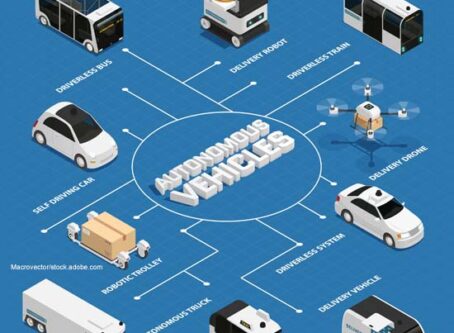OOIDA comments on impact of AV technology on workforce
One month after the U.S. Department of Transportation introduced its third version of its automated vehicles guidelines, the Owner-Operator Independent Drivers Association has submitted comments regarding impact on the workforce. The U.S. DOT was seeking input on the scope of the congressionally required comprehensive analysis of the impact of automated vehicle technologies on the workforce.
During the media conference for its report “Preparing for the Future of Transportation: Automated Vehicles 3.0” in October, Transportation Secretary Elaine Chao announced that the U.S. DOT plans to launch a joint initiative to evaluate workforce implications of AV technology. Other departments participating include the Department of Labor, Department of Commerce and the Department of Health and Human Services.
On Oct. 9, the U.S. DOT published a notice of request for comments to acquire feedback regarding the scope of the study to be conducted by the DOT and DOL. OOIDA submitted comments on Monday, Nov. 5.
In submitted comments, OOIDA President Todd Spencer acknowledged the pursuit of AV technology to reduce crashes, congestion and pollution. However, Spencer pointed out the unintended consequences that may offset the benefits.
“The study must contemplate the potential displacement of jobs, expected changes to the skills and training necessary for drivers to safely operate autonomous trucks, and how these changes would affect driver compensation,” Spencer wrote. “OOIDA also recommends that the study specifically examine the impact AV technology would have on small trucking businesses, which account for 94 percent of all U.S. motor carriers.”
OOIDA also requested that the study evaluate the costs associated with the introduction of various technologies, how these costs would affect the price of trucks, and how price changes would impact the ability of a small business to purchase new vehicles. Spencer suggested that cybersecurity vulnerabilities be included considering “AVs would likely increase the risk of cyber threats to CMV drivers and the general public” through terrorist attacks.
To read the full comments, click here.









